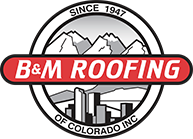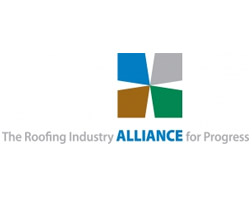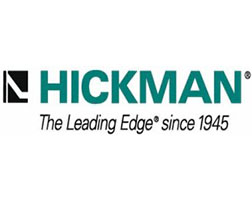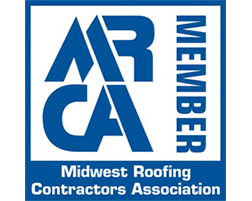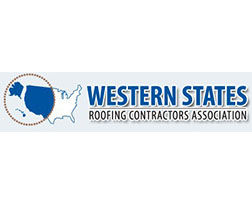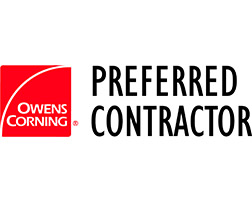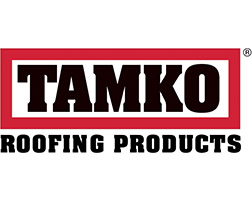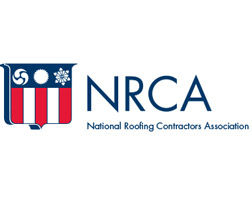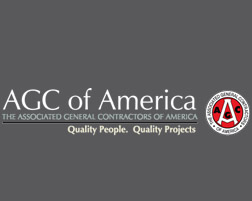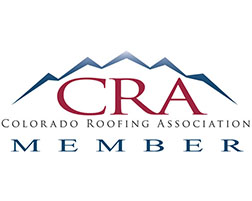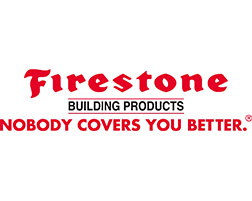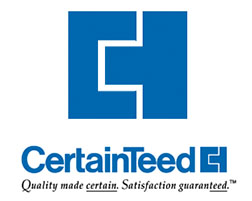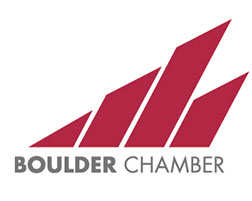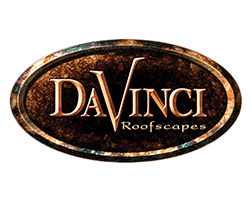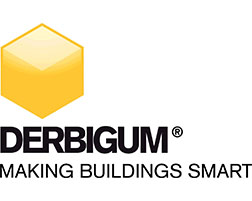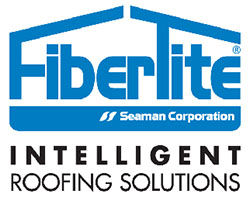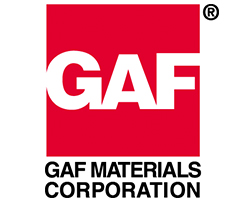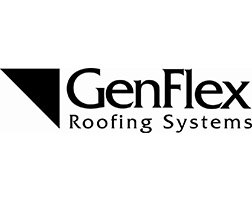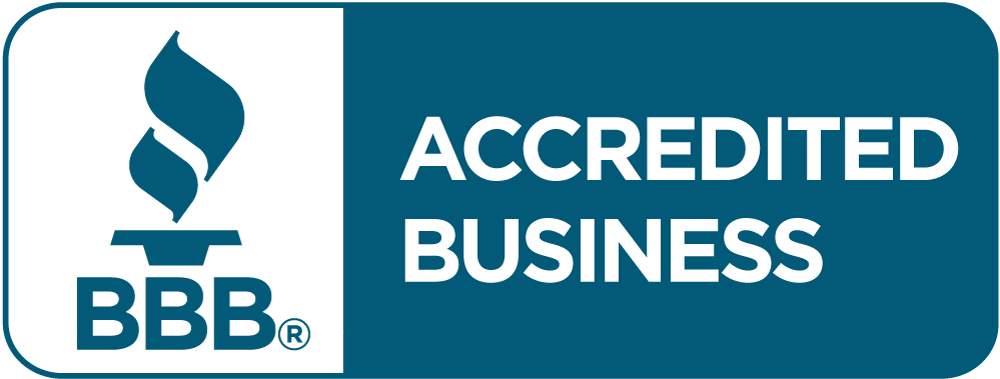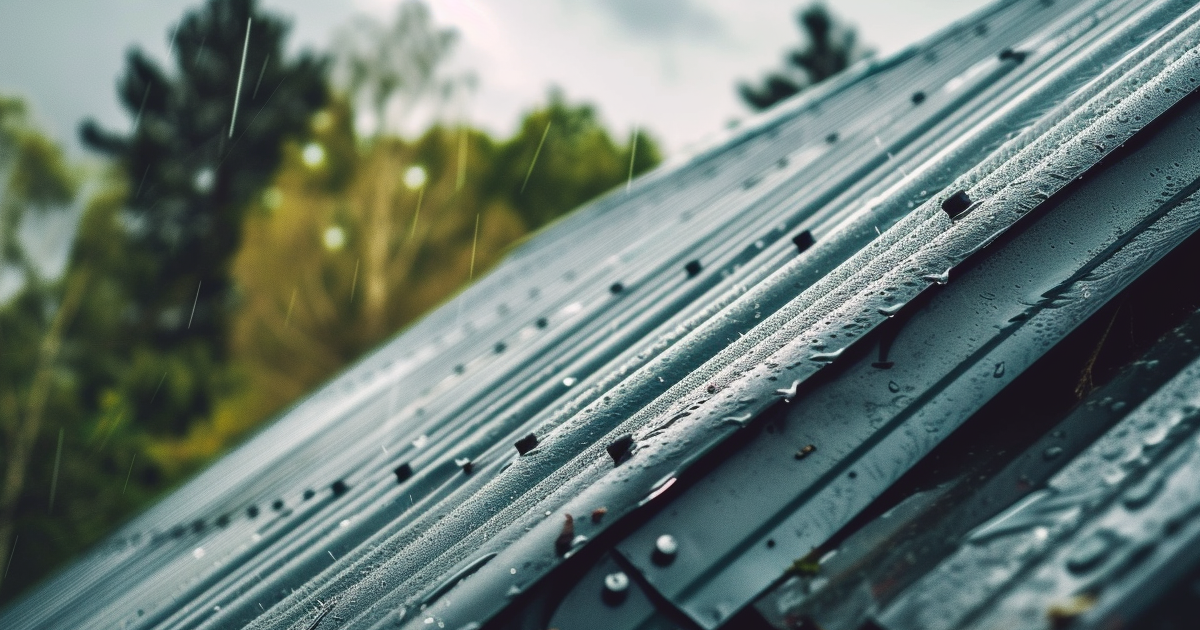
Choosing the Right Roof for Your Colorado Home
Choosing the right roof for your Colorado home is a critical decision not only for its appearance but also for its ability to protect your household, increase its energy efficiency, and withstand the unique weather conditions that define the Colorado climate. Colorado’s varied landscapes, ranging from the majestic peaks of the Rocky Mountains to the arid plains of the Eastern Slope, are accompanied by equally varied weather patterns. These weather patterns can range from heavy snowfall and freezing temperatures in the winter to intense sun and occasional hailstorms in the summer.
For homeowners and business owners who may not be familiar with the intricacies of roofing materials and construction, navigating the options can seem daunting. However, the importance of this choice cannot be overstated. The right roof does more than just cover your home; it is critical in its structural integrity, energy efficiency, and overall value.
In this article, we will guide you through the essential considerations and options available to ensure that your property is equipped with a roof that is not only aesthetically pleasing but also durable and suitable for Colorado’s challenging climate. Whether you’re building a new home, replacing an old roof, or simply exploring ways to enhance your property’s resilience, understanding how to choose the right roof is the first step towards securing your investment and ensuring the comfort and safety of those within.
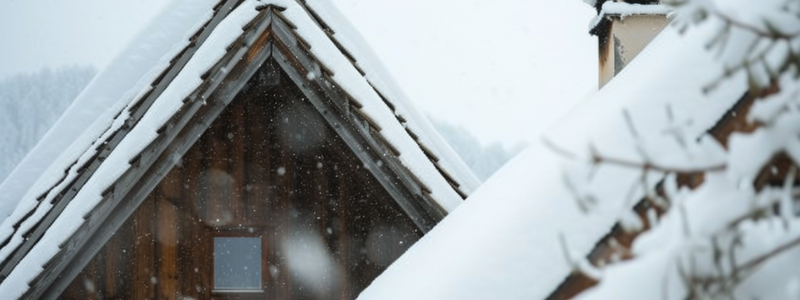
Understanding Colorado’s Climate
When embarking on choosing the right roof for your Colorado home, comprehending the state’s unique climate is paramount. Colorado’s weather is marked by its diversity and extremity, which significantly impacts the selection of roofing materials and designs. Here are the key climate characteristics and their implications for roofing:
- Heavy Snowfall and Freezing Temperatures:
- Winter in Colorado can place a significant weight load on roofs due to heavy snowfall.
- The freeze-thaw cycle can damage roofing materials, as water expands when it freezes after seeping into cracks.
- Intense UV Exposure:
- Summer brings intense sun, which can degrade many roofing materials, reducing their lifespan.
- Sudden Hailstorms:
- Hail can cause immediate and severe damage to roofs not designed to withstand such impacts, leading to leaks and structural problems.
- High Winds:
- Strong gusts can lift or remove roofing materials that are not properly secured or inherently less resistant to wind uplift.
Given these conditions, the choice of roofing material and construction must be made with a thorough understanding of Colorado’s climate. The right roof will:
- Protect your home from the elements.
- Contribute to energy efficiency by maintaining a stable internal temperature, regardless of external weather conditions.
We’re thrilled to help Colorado homeowners make informed roofing decisions by understanding the unique local climate. Our expertise ensures you’ll have materials and designs that can withstand any weather challenge.
Types of Roofing Materials Suitable for Colorado Homes
Choosing the right roof for your Colorado home involves selecting materials that can withstand the state’s diverse and extreme weather conditions. Here’s a breakdown of the most suitable roofing materials for Colorado homes, along with their benefits and drawbacks:
- Asphalt Shingles:
- Benefits: Cost-effective, widely available, and come in various colors and styles. Good resistance to wind and hail when installed with proper reinforcement.
- Drawbacks: Shorter lifespan compared to other materials and can be prone to damage from extreme temperature fluctuations.
- Metal Roofing:
- Benefits: Exceptionally durable, long lifespan, excellent for snow shedding, and energy-efficient. Resistant to hail damage and high winds.
- Drawbacks: Higher initial cost and requires professional installation for optimal performance.
- Slate Roofing:
- Benefits: Offers a natural look, extremely durable, long lifespan, and fire-resistant. Performs well in heavy snow and hail conditions.
- Drawbacks: Very heavy, requiring additional structural support, and is one of the most expensive roofing options.
- Tile Roofing (Clay or Concrete):
- Benefits: Durable, long lifespan, excellent in high-heat conditions, and offers a unique aesthetic. Good resistance to hail and fire.
- Drawbacks: Heavy like slate and can be expensive. Requires a reinforced roof structure to support the weight.
- Composite Roofing:
- Benefits: Made from a mixture of materials, can mimic the look of wood, slate, or tile. Lightweight, durable, and with a moderate cost. Good resistance to fire, wind, and hail.
- Drawbacks: Lifespan varies with quality, and not all composite materials offer the same level of durability.
When selecting a roofing material for your Colorado home, consider:
- Durability: The material’s ability to withstand heavy snow, hail, and UV exposure.
- Weight: Ensure your home’s structure can support the weight of materials like slate or tile.
- Cost: Factor in both the initial installation cost and the long-term maintenance and replacement costs.
- Aesthetic: Choose a material that complements your home’s architectural style and the surrounding landscape.
Each material offers a unique set of advantages and challenges, making it crucial to weigh these factors carefully. The right choice will balance durability, weight, cost, and aesthetic appeal, ensuring your roof is equipped to protect your home against Colorado’s harsh climate while enhancing its overall value and appearance.
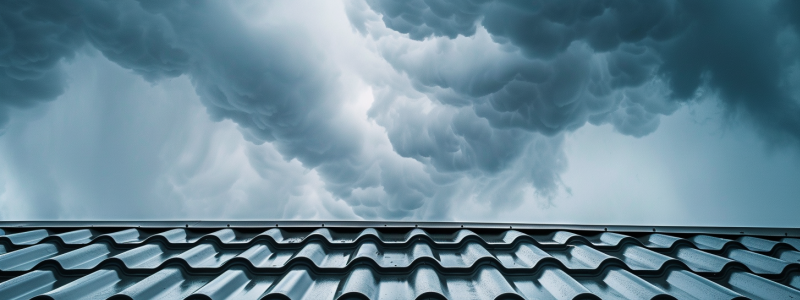
Factors to Consider When Choosing the Right Roof
When selecting the right roof for your Colorado home, several critical factors must be taken into account to ensure that your choice not only meets your aesthetic preferences but also stands up to the state’s challenging weather conditions. Here’s a breakdown of these key considerations:
- Durability and Weather Resistance:
- The material’s ability to withstand Colorado’s heavy snow, hail, high winds, and intense UV exposure is paramount. Opt for materials known for their resilience in these conditions.
- Energy Efficiency:
- Consider how well the roofing material insulates your home and reflects sunlight, contributing to lower heating and cooling costs. Materials that offer better insulation and reflectivity can significantly reduce energy expenses.
- Aesthetic Appeal:
- The roof should complement your home’s architectural style and the surrounding environment. The right material and color can enhance your home’s curb appeal and potentially increase its market value.
- Cost:
- Evaluate both the upfront installation costs and the long-term maintenance and replacement costs. While some materials may have a higher initial cost, their durability and lifespan could offer savings over time.
- Weight:
- Ensure that your home’s structure can support the weight of the chosen material. Heavy materials like slate and tile may require additional structural reinforcement, adding to the project’s cost.
- Local Building Codes and HOA Regulations:
- Be aware of any local building codes or homeowners association (HOA) regulations that may restrict the use of certain roofing materials or colors in your area.
- Sustainability:
- For homeowners concerned with environmental impact, consider roofing materials that are recyclable and have a lower carbon footprint. Some materials also contribute to a cooler roof, reducing the urban heat island effect.
- Maintenance Requirements:
- Understand the maintenance needs of each material. Some require more frequent inspections and repairs to maintain their integrity and appearance over time.
Homeowners and business owners should carefully consider various factors before deciding on a roofing option that balances practicality with personal preference. It’s important to consult with a professional roofing contractor who understands the local climate and building codes to get valuable insights and make an informed decision that best fits your specific needs. Remember, we are here to help you with your roofing needs.
Maintenance and Longevity
The maintenance and longevity of your roof are crucial factors to consider when choosing the right roof for your Colorado home. A well-maintained roof not only extends the life of your investment but also ensures your home remains safe and energy-efficient. Here are key points to understand about maintaining different roofing materials and how they impact the longevity of your roof:
- Regular Inspections:
- Conducting regular inspections, especially after severe weather events, can help identify and address minor issues before they escalate into major problems. It’s recommended to inspect your roof at least twice a year.
- Cleaning and Maintenance:
- Different materials require different levels of maintenance. For instance, asphalt shingles may need periodic cleaning to remove algae or moss, while metal roofs might need checks for rust or corrosion. Tile roofs should be inspected for cracked or broken tiles, and debris should be cleared to prevent water buildup.
- Impact of Colorado’s Climate:
- The longevity of roofing materials in Colorado can be significantly affected by the state’s climate. Materials that are resistant to UV rays, hail, and thermal cycling (the process of expanding and contracting due to temperature changes) tend to have a longer lifespan.
- Expected Lifespan of Materials:
- Asphalt shingles, the most common roofing material, typically last between 15 to 30 years, depending on the quality and maintenance.
- Metal roofs can last 40 to 70 years, with some materials lasting even longer with proper care.
- Slate and tile roofs offer exceptional longevity, often exceeding 100 years, but require a strong structural foundation due to their weight.
- Composite roofing materials have varied lifespans, generally between 30 to 50 years, depending on the quality and maintenance.
- Preventative Measures:
- Taking preventative measures, such as proper insulation and ventilation in your attic, can prevent ice dams and reduce wear on your roof.
- Immediate repair of minor damages, like replacing missing shingles or sealing leaks, can extend the life of your roof.
- Professional Maintenance:
- While homeowners, professional inspections and repairs can perform some maintenance tasks ensure that your roof remains in optimal condition. Professionals can spot potential issues that are not obvious to the untrained eye.
Understanding the maintenance requirements and expected longevity of your chosen roofing material is essential for making an informed decision. A roof that is well-suited to Colorado’s climate and properly maintained can provide decades of protection for your home, making it a wise investment in the long-term safety and efficiency of your property.
Professional Installation and Choosing the Right Contractor
Ensuring professional installation and choosing the right contractor are critical steps in choosing the right roof for your Colorado home. A high-quality roofing material can only perform to its fullest potential when installed correctly. Here are essential tips and considerations for selecting a roofing contractor and ensuring the installation process meets the highest standards:
- Research and Referrals:
- Start by researching local roofing contractors with a solid reputation for quality workmanship. Ask for referrals from friends, family, or neighbors who have had roofing work done recently.
- Check Credentials and Experience:
- Verify the contractor’s credentials, including licensing and insurance. Ensure they have experience with the specific type of roofing material you’re considering. Specialized materials like slate or tile require specific expertise.
- Look at Reviews and Past Work:
- Check online reviews and ask for references to assess the contractor’s track record. If possible, view previous installation projects to gauge the quality of their work.
- Get Multiple Quotes:
- Obtain quotes from several contractors to compare prices, but remember that the lowest bid isn’t always the best. Consider the quality of materials, scope of work, and warranty offered.
- Ask About the Installation Process:
- Discuss the installation process in detail. Understand the timeline, the steps involved, and how the contractor plans to address any potential challenges specific to your property or chosen material.
- Understand the Warranty:
- Ensure you understand the warranty on both the materials and the installation. A reputable contractor will offer a warranty that covers both aspects and clearly explains what is included and any exclusions.
- Communication and Professionalism:
- Choose a contractor who communicates clearly and professionally. They should be willing to answer your questions and provide updates throughout the project.
- Permits and Regulations:
- A professional contractor will handle all necessary permits and ensure that the installation complies with local building codes and regulations, including any specific to Colorado’s climate and environmental conditions.
- Post-Installation Support:
- Inquire about the contractor’s policy for handling any issues that may arise after the installation is complete. Reliable post-installation support is a sign of a reputable contractor.
Selecting the appropriate roofing contractor is just as important as choosing the right roofing material. A competent and experienced contractor guarantees that your roof is installed to the highest standards, providing the best possible protection and durability for your Colorado home. By following these guidelines, you can make an informed decision and have complete peace of mind, knowing that your roofing project is in capable hands.
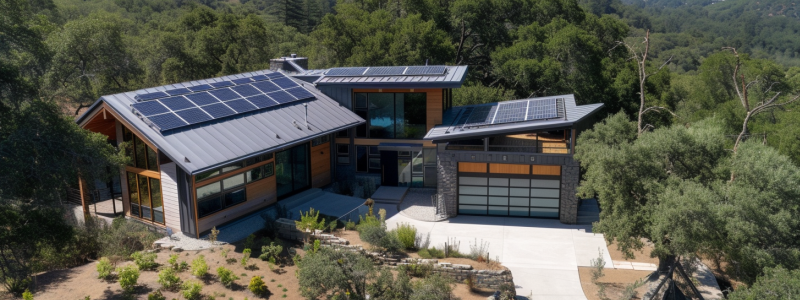
Final Advice
Choosing the right roof for your Colorado home is a multifaceted decision that requires careful consideration of the state’s unique climate, the durability and energy efficiency of various roofing materials, and the importance of professional installation. By understanding the specific challenges posed by Colorado’s weather, from heavy snowfall and hail to intense UV exposure, homeowners can select materials that offer the best protection and longevity for their homes.
The selection process involves balancing factors such as durability, aesthetic appeal, energy efficiency, and cost, while also considering the weight of the materials and local building codes. Materials like asphalt shingles, metal roofing, slate, and tile each have their advantages and maintenance requirements, making it crucial to choose a material that aligns with your needs and preferences.
Professional installation by a reputable contractor like B&M Roofing is paramount to ensure that the roof is installed correctly and performs as expected. Homeowners should conduct thorough research, check credentials, and communicate clearly with potential contractors to ensure the best outcome for their roofing project.
Why us?
We are thrilled to help you find the perfect roof for your Colorado home! Our team understands the importance of balancing style with functionality, which is why we prioritize durability, energy-efficiency, and cost-effectiveness. Our expert approach to selection and installation ensures that your roof will be a wise investment, safeguarding your home and increasing its value for years to come. With our help, you can trust that your roof will not only look great, but also stand up to the toughest weather conditions.
